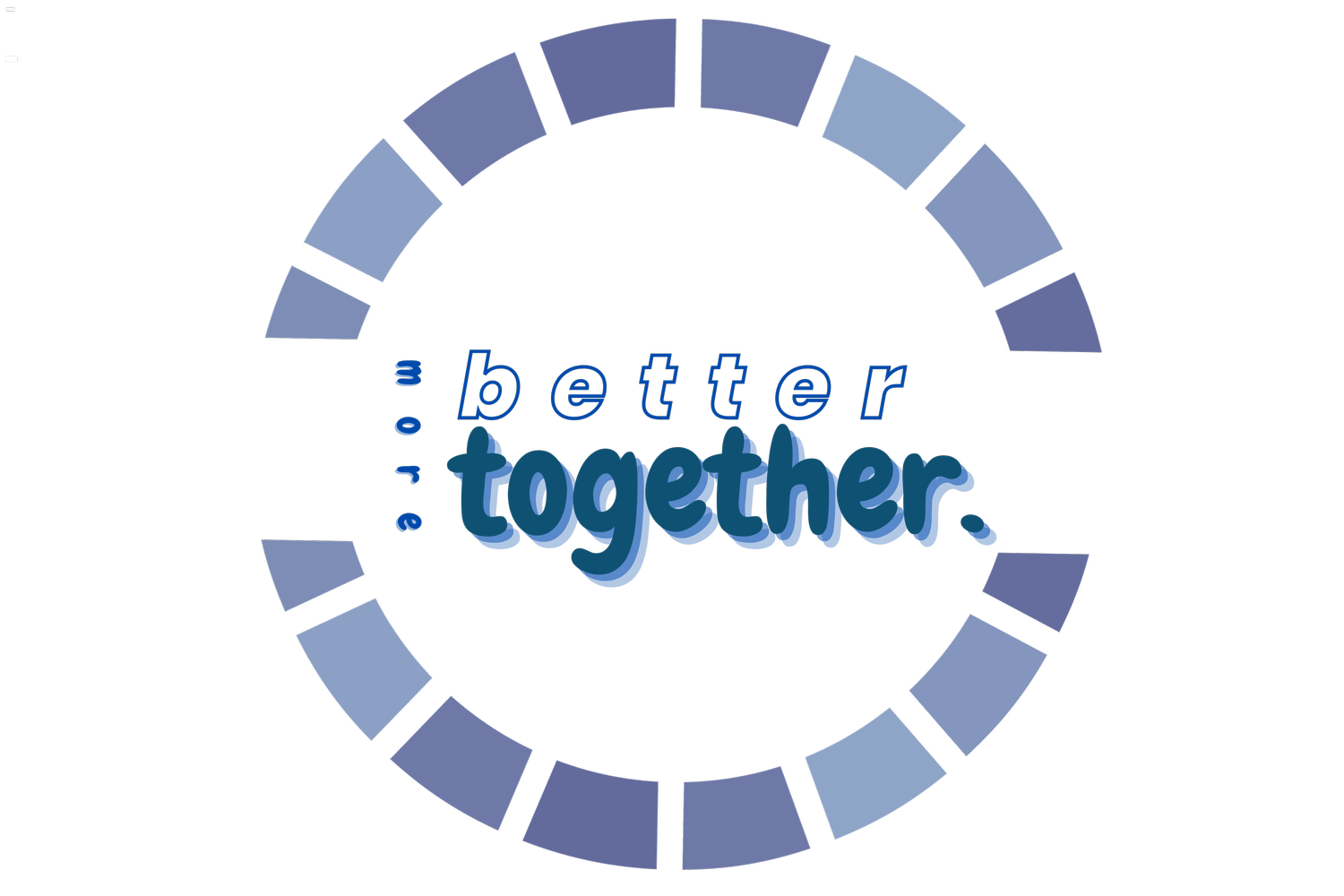ZoomingOut.
Bonnie J. Ricci currently serves as the Executive Director of the International Council Advancing Independent School Accreditation (ICAISA). A passionate proponent for the role of accreditation in school transformation, Bonnie uses her analytical skills to support educators in assessing challenges and designing solutions. Bonnie has dedicated her career to serving the educational community as a teacher, administrator, board member, speaker, facilitator, consultant, and enthusiastic advocate for accreditation and independent school education.
Craig Vezina Conversation with Bonnie Ricci, May 15, 2020
Bonnie Ricci: I think we’re all living lives that are feeling somewhat on hold, we’re existing in kind of this liminal state between what was and what could be and so to a certain extent we’re all taking stock of what’s really important. And I think the idea of this pause is the greatest opportunity because with the opportunity and with the time to reflect comes great ideas.
I think we really need to move out of this state of theoretical pondering around the future of education and move toward action. And so, what are some of those commitments that we as individuals can make in our particular context, in our particular profession? Or for students what commitment statements do they want to make for themselves? And I’m not advocating that we abolish math or language arts or any of those traditional subjects, but I want us to have the courage to understand the relevance and the importance of what might be considered more modern subjects. So, things such as entrepreneurship, coding, artificial intelligence, ethics, these are elements of society that are absolutely essential today and will become more essential as we look into the future.
Another piece that I think is a big challenge is the idea of control. And so, all of us like to feel in control of our lives, we want to have agency and purpose and we want to be able to think that we can control outcomes and I think COVID-19 has really forced us into a state of not being in control. And for many of us that’s hard and scary and challenging. But I think, again, this provides an opportunity for us to in some ways kind of let go of that need to control everything about our lives and in the classroom space or in the education space I think a willingness to give up some control goes hand-in-hand with empowering students and providing agency and voice and choice to students and those two things go hand-in-hand. And so, I think educators need to be brave in recognizing their own need for control and ways that that may be interfering with student voice and choice.
I have a saying on my wall that says, ”Learning begins at the edge of your comfort zone. Yuck.” And I think the yuck part of that is really important because the yuck is a reminder of the immense effort that’s required to step out of our comfort zones and to really be bold and be brave and embrace change. And I think yuck is intended to help us overcome the inertia that’s pulling us back into the familiar. So, I think embracing the yuck and recognizing that yes we do need to step out of our comfort zones, both from an individual perspective and from an educational sector perspective.
So, the challenges facing the world, whether it’s global warming or access to resources or income and equalities these large chunky meaty problems are not going to be solved by a single person who has taken a single linear approach towards solving that problem, they’re going to be solved by teams of people who are bringing together their different lenses, different perspectives to the problem and I think we need to equip our students with the ability to look at a problem from different perspectives.
